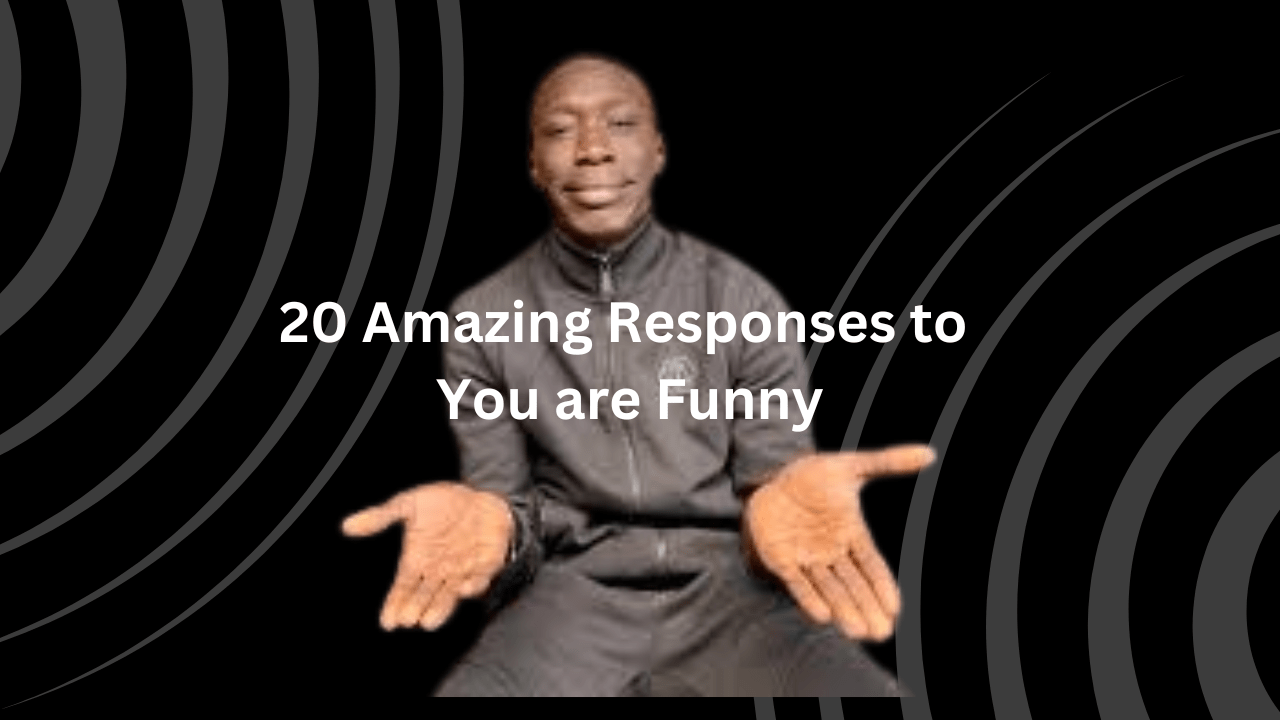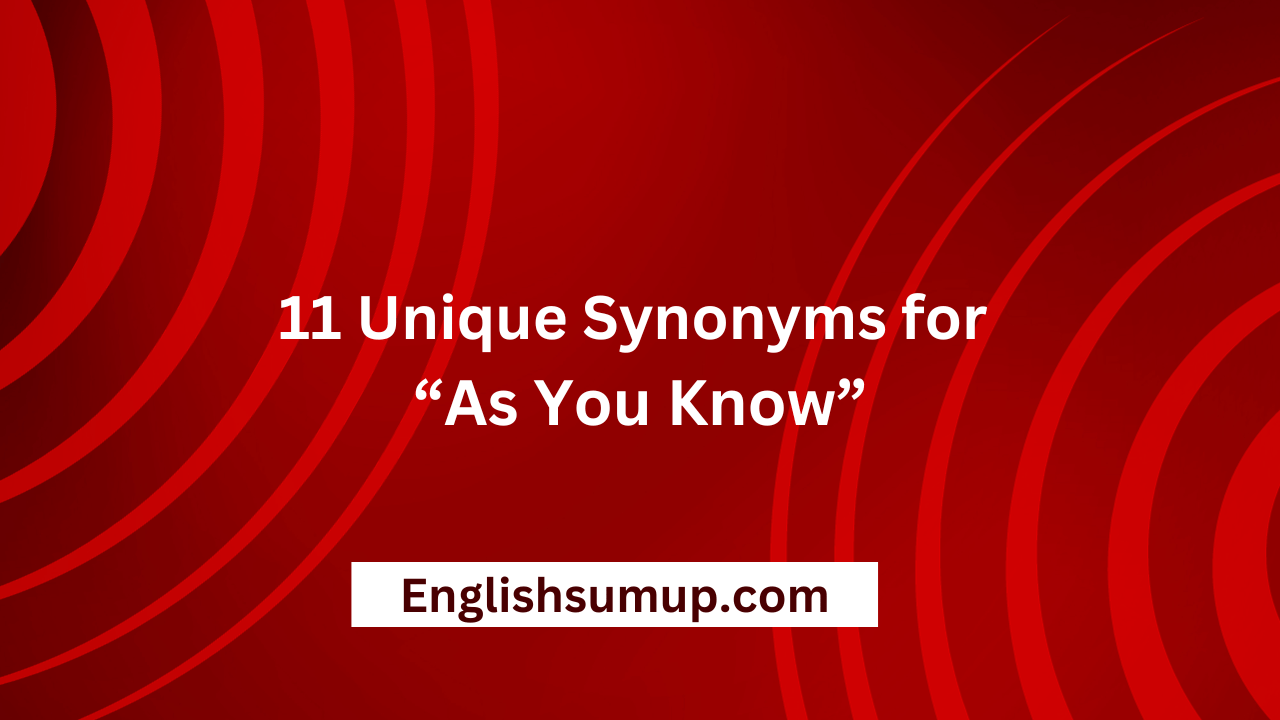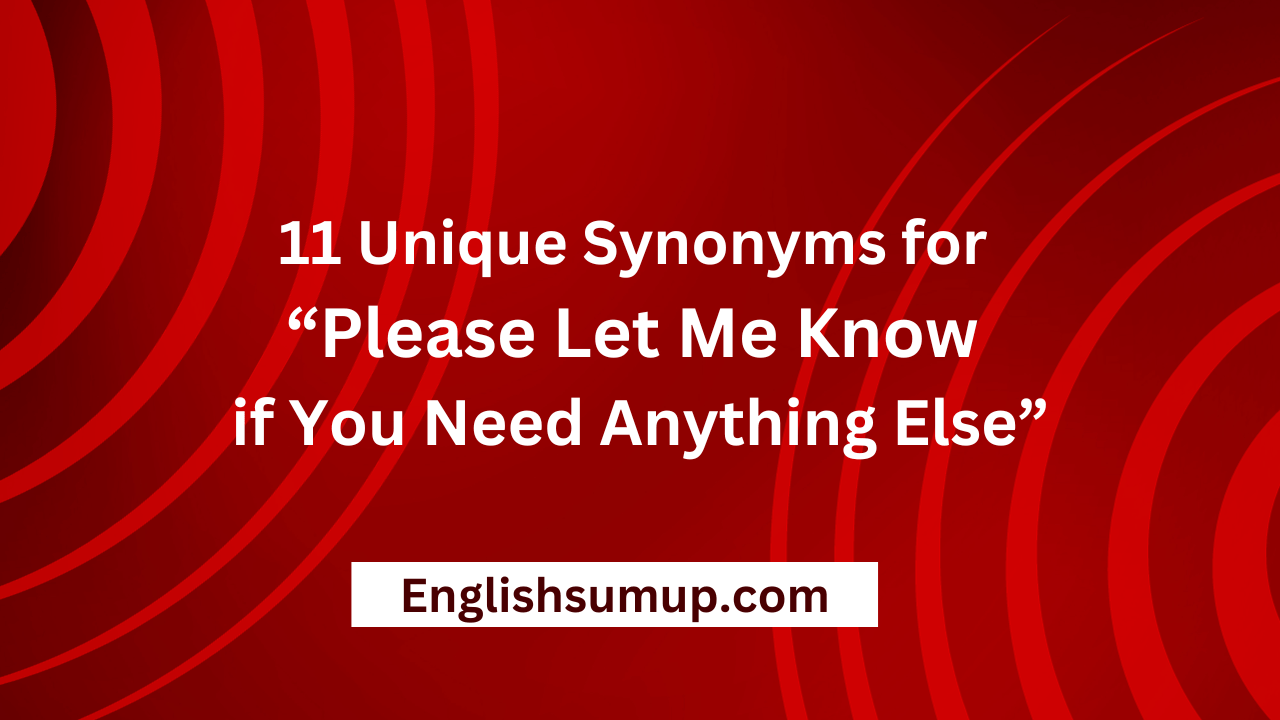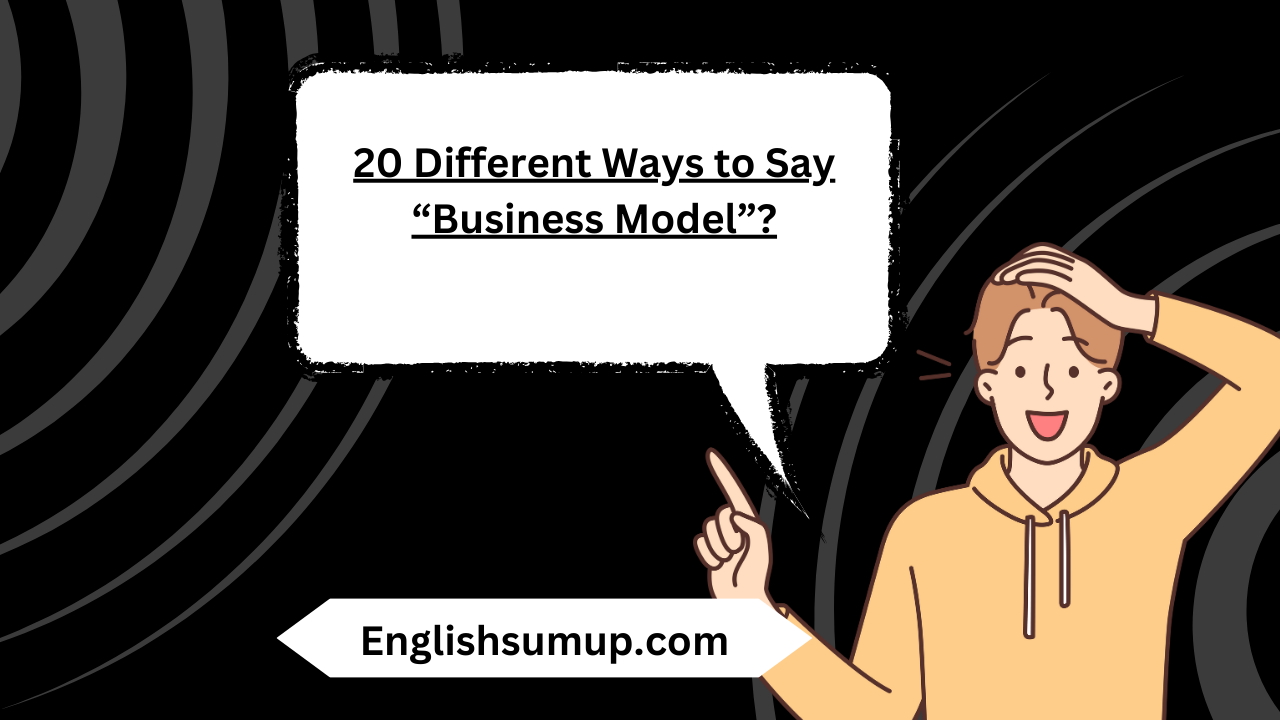Crafting an appropriate email closing statement requires careful consideration of tone and context.
While “talk to you soon” may seem like a convenient choice, its formality might not always align with the desired level of professionalism.
In this article, we delve into the nuances of email etiquette to provide guidance on selecting the most suitable phrase for maintaining formality and respect in your email communications.
Is It Formal to Say “Talk to You Soon”?

In professional email communication, the phrase “talk to you soon” may not always convey the desired level of formality. Its casual tone, particularly the use of the word “soon,” implies a lack of definitiveness in future interactions or plans.
Read this Post also: 11 Formal Ways to Ask “What Time Suits You Best?”
Using such language can inadvertently undermine the professional tone of the email. While it may still be appropriate in certain contexts, it’s essential to consider alternative closing statements that better align with the desired level of professionalism.
For instance, consider the following example:
Dear John,
We will revisit this matter in our upcoming meeting.
Best regards,
Devon
By opting for a more formal closing statement, such as “best regards,” the email maintains a professional tone while still conveying the intention to discuss the matter further in the future. This approach ensures clarity and professionalism in your email communications.
Pros:
It offers a friendly conclusion to an email, fostering a warm tone.
Indicates an intention to engage in future communication.
Cons:
Lacks commitment and fails to specify a concrete date or time for a follow-up interaction.
Its informal nature may not be suitable for professional correspondence.
While “Talk to you soon” serves as a suitable sign-off for informal emails, it may not align with the level of formality required in professional settings. Therefore, exploring formal alternatives becomes essential to maintain a polished and business-appropriate tone in your email communications.
Continue reading to discover formal alternatives to “talk to you soon.” With a range of excellent options available, you can select the one that best suits your professional style and objectives.
What to Say Instead of “Talk to You Soon”

Speak with you later
Let’s reconnect soon
We’ll touch base again
We’ll catch up soon
I anticipate our next conversation
Let’s schedule another discussion
Looking forward to our next interaction
Until our next exchange
Let’s continue this conversation soon
I await our next dialogue
Let’s plan for further communication”
“Speak with you later”:
This phrase is an informal and friendly way to express the intention to talk to someone again in the near future. It implies a sense of continuity in your relationship or ongoing dialogue and is commonly used among friends, family, or colleagues in casual settings. Isn’t this better than “Talk to You Soon”.
Subject: Looking Forward to Our Next Conversation
Dear John,
I hope this message finds you well! I just wanted to drop a quick note to let you know that I enjoyed our recent conversation. It’s always great exchanging ideas with you. Let’s definitely catch up again soon. I’m looking forward to our next chat!
Take care,
Devon
“Let’s reconnect soon”:
This phrase is employed when there has been a lapse in communication, and you want to express a desire to resume contact. It conveys a friendly and proactive approach to staying in touch and catching up with someone after a period of silence or absence. Isn’t this better than “Talk to You Soon”.
Subject: Reconnecting and Catching Up
Dear John,
I trust this email finds you in good spirits. It’s been a while since we last connected, and I’ve been thinking it’s high time we catch up! Your insights are always valuable to me, and I’d love to hear what’s new on your end. How about we schedule a call or a coffee meetup soon? Let me know your availability.
Looking forward to reconnecting!
Devon
“We’ll touch base again”:
This phrase is commonly used in professional settings to signify the intention to reconnect with someone for further discussion or updates on a specific matter. It implies a scheduled follow-up and ensures that both parties remain informed and aligned. Isn’t this better than “Talk to You Soon”.
Subject: Planning Our Next Discussion
Dear John,
I trust this email finds you well. Thank you for our recent discussion on [topic]. Your insights were valuable, and it has sparked some additional thoughts. I believe it would be beneficial for us to touch base again to delve deeper into these matters.
Could we schedule another discussion at your earliest convenience? I’m available [provide date and time options], but I’m flexible to accommodate your schedule as well.
Looking forward to our continued collaboration!
Devon
“We’ll catch up soon”:
This phrase expresses the intention to meet or communicate with someone to discuss recent events, updates, or simply to reconnect on a personal level. It conveys a sense of anticipation and eagerness to share experiences or stories, often used among friends, family, or colleagues. Isn’t this better than “Talk to You Soon”.
Subject: Let’s Plan Our Next Catch-Up Session
Dear John,
I hope this email finds you doing well. It’s been too long since we last caught up, and I’ve been missing our conversations! How about we make some time to reconnect and share what’s been happening in our lives?
I suggest we schedule a coffee meetup or a virtual call soon. I’m available [provide date and time options], but I’m flexible to adjust to your schedule as well. Let me know what works best for you.
Looking forward to catching up and hearing all your latest news!
Warm regards,
Devon
“I anticipate our next conversation”:
This phrase expresses a sense of eagerness or expectation for the next discussion with someone. It suggests that you value the interaction and are looking forward to continuing the dialogue, whether it’s to exchange ideas, seek advice, or simply enjoy each other’s company. Isn’t this better than “Talk to You Soon”.
Subject: Anticipating Our Next Conversation
Dear John,
I trust you’re doing well. Our recent conversation left me feeling inspired, and I’ve been looking forward to our next discussion. Your perspectives always offer valuable insights, and I anticipate our continued exchange of ideas.
I’m eager to hear your thoughts on [mention any specific topics or areas of interest]. Whenever you’re available, let’s schedule another conversation. I’m flexible with timing, so please feel free to suggest a time that works best for you.
Looking forward to our upcoming dialogue!
Best regards,
Devon
“Let’s schedule another discussion”:
This phrase proposes setting a specific time or date for a follow-up conversation, indicating a proactive approach to maintaining communication and ensuring progress on a particular topic or project. It’s commonly used in professional contexts to coordinate meetings or consultations. Isn’t this better than “Talk to You Soon”.
Subject: Planning Our Next Discussion
Dear John,
I hope this email finds you well. Following our recent conversation [or meeting], I believe it would be beneficial for us to schedule another discussion to further explore [mention the topic or agenda].
Could we find a time to meet again? I’m available [provide date and time options], but I’m also open to your suggestions. Let’s ensure we stay aligned and continue making progress together.
Looking forward to our next meeting!
Warm regards,
Devon
“Looking forward to our next interaction”:
This phrase expresses enthusiasm and anticipation for the next encounter or exchange with someone. It indicates a positive outlook and a desire to maintain a connection, whether it’s through a conversation, meeting, or shared activity. Isn’t this better than “Talk to You Soon”.
Subject: Excited for Our Next Interaction
Dear John,
I trust you’re doing well. I just wanted to drop a quick note to say how much I enjoyed our recent interaction. Your insights always leave me feeling inspired, and I’m already looking forward to our next exchange.
Whether it’s a casual chat or a more focused discussion, I’m eager to reconnect and continue our dialogue. Please let me know when you’re available, and we can plan our next interaction.
Until then, take care!
Best regards,
Devon
“Until our next exchange”:
This phrase is often used as a friendly way to conclude an email or conversation, indicating a temporary pause in communication until the next interaction occurs. It conveys a sense of continuity and leaves the door open for future engagement. Isn’t this better than “Talk to You Soon”.
Subject: Until Our Next Exchange
Dear John,
Thank you for our recent conversation [or meeting]. It was a pleasure discussing [mention the topic or agenda]. I appreciate your insights and look forward to our continued collaboration.
Until our next exchange, take care and best wishes!
Warm regards,
Devon
“Let’s continue this conversation soon”:
This phrase suggests a desire to prolong or resume a discussion at a later time, indicating that there’s more to be explored or clarified on a particular topic. It encourages ongoing dialogue and ensures that important points are not overlooked. Isn’t this better than “Talk to You Soon”.
Subject: Continuing Our Conversation
Dear John,
I hope you’re doing well. I wanted to follow up on our recent discussion [or meeting] and express my interest in continuing the conversation. There were some valuable points raised, and I believe there’s more we can explore together.
Let’s schedule some time to dive deeper into [mention the specific aspects or topics]. I’m available [provide date and time options], but I’m also flexible to accommodate your schedule.
Looking forward to picking up where we left off!
Best regards,
Devon
“I await our next dialogue”:
This phrase conveys a sense of anticipation and readiness for the next conversation with someone. It indicates a willingness to engage in further discussion and suggests that the interaction is valued and appreciated. Isn’t this better than “Talk to You Soon”.
Subject: Eagerly Awaiting Our Next Dialogue
Dear John,
I trust this email finds you well. Our recent dialogue left me with much to ponder, and I find myself eagerly awaiting our next conversation. Your perspectives always bring fresh insights to the table, and I’m excited to continue our exchange of ideas.
Whenever you’re ready to reconvene, please let me know. I’m looking forward to our continued collaboration and fruitful discussions.
Until then, take care!
Warm regards,
Devon
“Let’s plan for further communication”:
This phrase suggests making arrangements or setting aside time for continued interaction or discussion. It reflects a proactive approach to maintaining communication and ensuring that important matters are addressed or followed up on in a timely manner. Isn’t this better than “Talk to You Soon”.
Subject: Planning for Further Communication
Dear John,
I hope this email finds you well. Following our recent conversation [or meeting], I believe it’s important for us to plan for further communication to ensure that we stay aligned and make progress on [mention the relevant topic or project].
Could we schedule some time to discuss next steps? I’m available [provide date and time options], but I’m also flexible to accommodate your schedule.
Looking forward to our continued collaboration!
Best regards,
Devon









